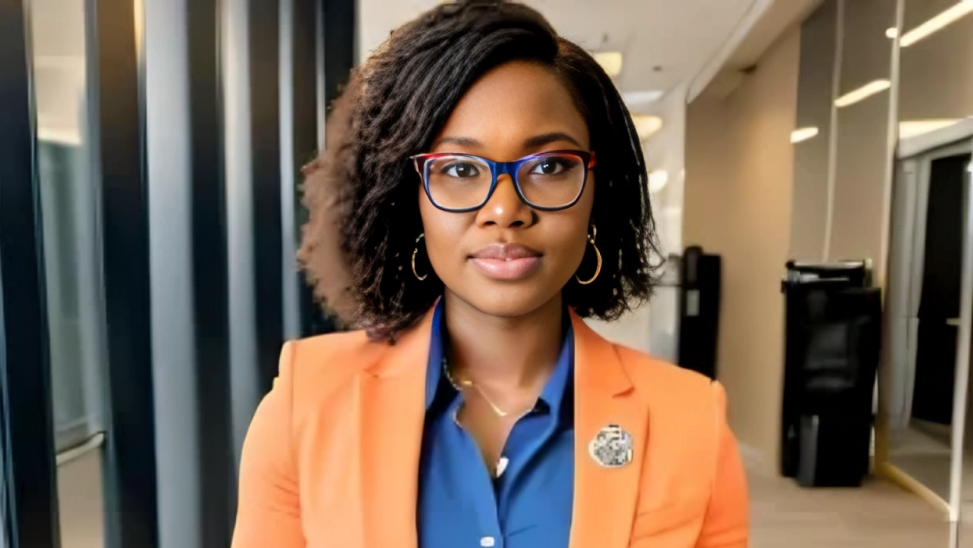Olubukola Ayodele, Consultant Medical Oncologist at the University Hospitals of Leicester NHS Trust, posted on LinkedIn:
“Silence can be deadly, especially when it comes to health.
In Black communities, the pervasive ‘culture of silence’ around health issues often stems from deep-seated cultural norms, stigma, mistrust in healthcare systems, and historical marginalization.
This silence is particularly pronounced when addressing breast cancer, a disease that disproportionately affects Black women with worse outcomes compared to their white counterparts.
Breast cancer is a leading cause of cancer-related deaths among women, yet Black women face unique challenges that exacerbate their risks.
They are often diagnosed at younger ages and with more aggressive subtypes, such as triple-negative breast cancer. However, cultural and systemic barriers mean they are less likely to engage in preventive measures like regular screenings or early medical consultations.
The culture of silence exacerbates this disparity. Many Black women are reluctant to share their experiences with breast abnormalities, fearing judgment, dismissal, or being labeled as ‘weak’.
Others may view discussing health concerns as taboo, a private matter that should remain within the family.
These attitudes delay early detection and treatment, leading to advanced-stage diagnoses and poorer survival rates.
The culture of silence does more than delay treatment; it perpetuates mistrust in the healthcare system.
Black communities often recall historical injustices, such as medical experimentation and systemic racism, which breed suspicion toward healthcare providers. These concerns, combined with a lack of representation among healthcare professionals, mean that many Black patients feel unheard or misunderstood.
For example, studies have shown that Black women’s pain and symptoms are less likely to be taken seriously by medical professionals, further discouraging them from seeking care.
When people feel silenced or dismissed, they are less likely to advocate for their health, perpetuating a vicious cycle of poor outcomes and health inequalities.
The disparities don’t stop at silence.
Black communities are more likely to face structural barriers such as limited access to culturally sensitive healthcare services, economic disadvantages, and a lack of targeted public health campaigns.
Breast cancer awareness initiatives often fail to resonate with Black women due to generic messaging that doesn’t address their specific risks or cultural nuances.
Moreover, Black patients are underrepresented in clinical trials, which limits the understanding of how breast cancer therapies work in diverse populations.
This lack of inclusion perpetuates health inequalities by limiting access to cutting-edge treatments tailored to their needs.
Breaking this culture of silence is not just a personal issue—it’s a public health imperative.
Here’s how we can take action:
1. Community Engagement: Grassroots initiatives and community leaders can play a pivotal role in normalizing conversations about health in Black communities. Faith-based organizations, social media influencers, and local events can create safe spaces for dialogue.
2. Representation Matters: Increasing the representation of Black healthcare professionals can help bridge the gap in trust and ensure culturally sensitive care.
3. Culturally Specific Campaigns: Public health campaigns must be tailored to resonate with Black communities, incorporating culturally relevant messaging and addressing specific health disparities.
4. Education and Advocacy: Empowering Black women with knowledge about breast cancer risks, early detection, and the importance of clinical trials can save lives. Advocacy groups must also push for systemic changes to address inequalities in healthcare access and delivery.
Breaking the culture of silence requires collective action. It calls for individuals, communities, healthcare providers, and policymakers to challenge norms, address biases, and dismantle systemic barriers.
Only by amplifying the voices of Black communities can we ensure equitable health outcomes and a future where silence no longer hinders survival.
Silence is NOT golden when it comes to health especially cancer. Let’s break the silence, one conversation at a time!”
Dr. Olubukola Ayodele is a Consultant Medical Oncologist at the University Hospitals of Leicester NHS Trust, specializing in breast and genitourinary malignancies, including germ cell tumors. She is also an honorary Senior Lecturer at the University of Leicester and heads the Breast Cancer Clinical Trials Unit at the Leicester Cancer Research Centre. Dr. Ayodele’s work includes numerous publications, clinical trials, and collaborative research projects on molecular drivers and biomarkers in breast cancer. She is a member of ASCO, ESMO, ACP and UKBCG.


